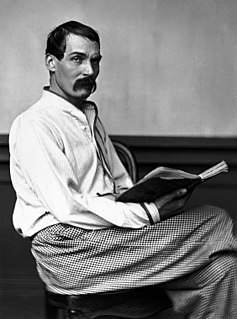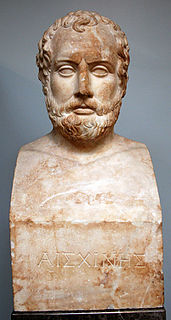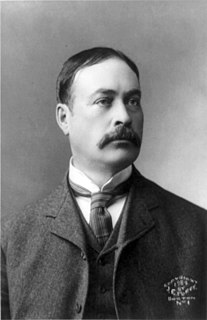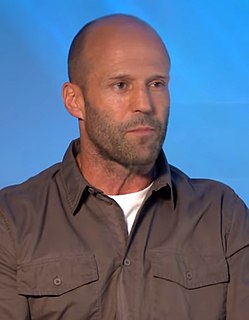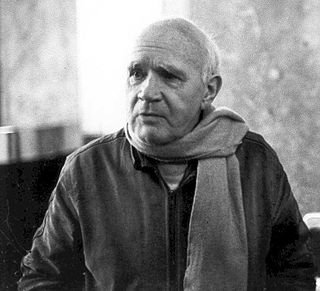A Quote by Marguerite Yourcenar
The memory of most men is an abandoned cemetery where lie, unsung and unhonored, the dead whom they have ceased to cherish. Any lasting grief is reproof to their neglect.
Related Quotes
The being who, for most men, is the source of the most lively, and even, be it said, to the shame of philosophical delights, the most lasting joys; the being towards or for whom all their efforts tend for whom and by whom fortunes are made and lost; for whom, but especially by whom, artists and poets compose their most delicate jewels; from whom flow the most enervating pleasures and the most enriching sufferings - woman, in a word, is not, for the artist in general... only the female of the human species. She is rather a divinity, a star.
True, more than a half of the green graves in the Grafton cemetery are marked "Unknown," and sometimes it occurs that one thinks of the contradiction involved in "honoring the memory" of him of whom no memory remains to honor; but the attempt seems to do no great harm to the living, even to the logical.
There's an old, private cemetery here in Palm Springs, where I live, just down the street from the airport, that belongs to one of the local Native American tribes, and it occurred to me one day that if you really wanted to get away with murder, you'd kill someone, put them in a coffin and bury them in a private cemetery or, better, an abandoned one. And then suddenly this whole idea of a long con appeared before me and I had this idea of using a Jewish cemetery.
I have seen something of the project of M. de St. Pierre, for maintaining a perpetual peace in Europe. I am reminded of a device in a cemetery, with the words: Pax perpetua ; for the dead do not fight any longer: but the living are of another humor; and the most powerful do not respect tribunals at all.
Can you nominate in order now the degrees of the lie? I will name you the degrees. The first, the Retort Courteous; the second, the Quip Modest; the third, the Reply Churlish; the fourth, the Reproof Valiant; the fifth; the Countercheck Quarrelsome; the sixth, the Lie with Circumstance; the seventh, the Lie Direct. All these you may avoid but the Lie Direct; and you may avoid that too, with an If. . . . Your If is the only peace-maker; much virtue in If.
They remain dead, the people I try to resuscitate by straining to hear what they say. But the illusion is not pointless, or not quite, even if the reader knows all this better than I do. One thing a book tries to do, beneath the disguise of words and causes and clothes and grief, is show the skeleton and the skeleton dust to come. The author too, like those of whom he speaks, is dead.



